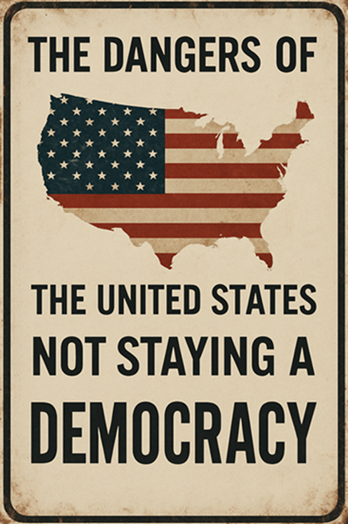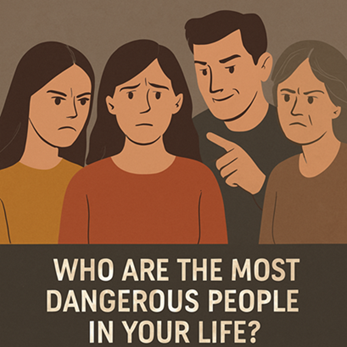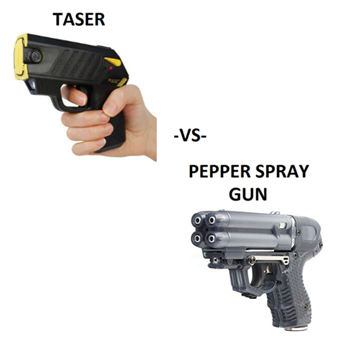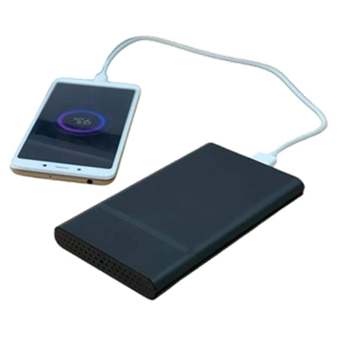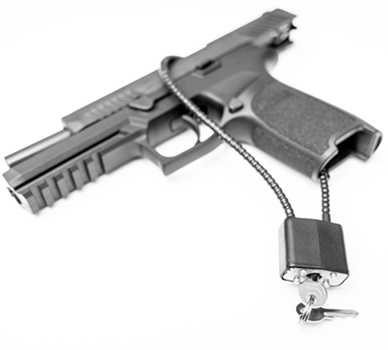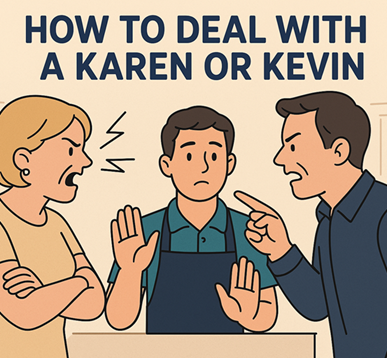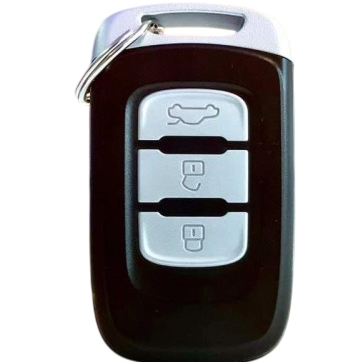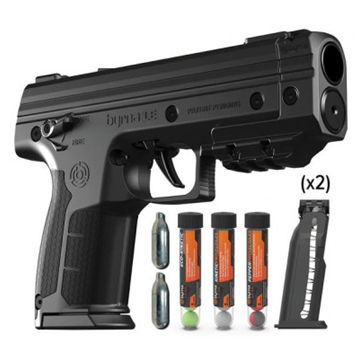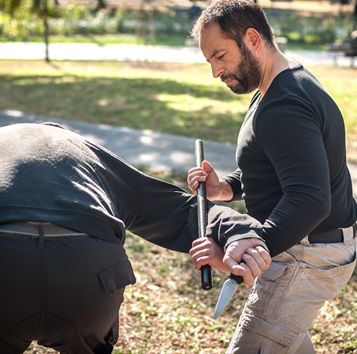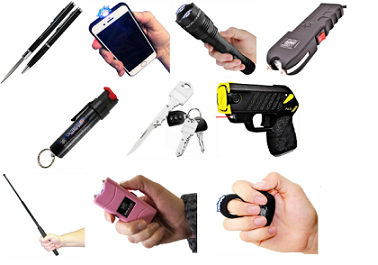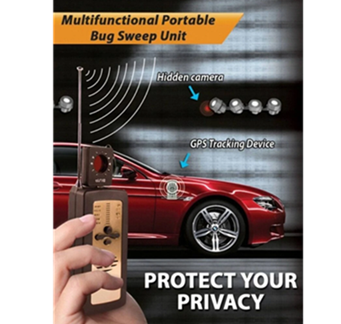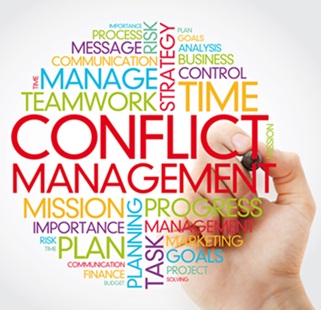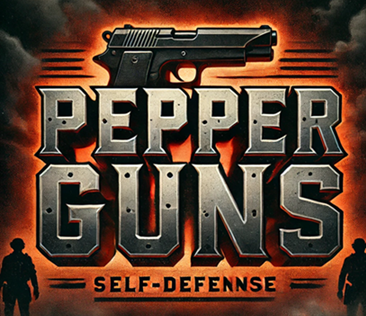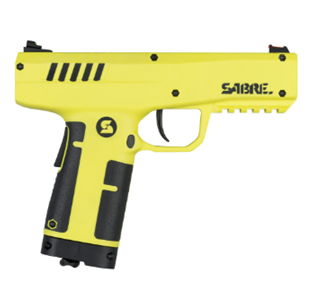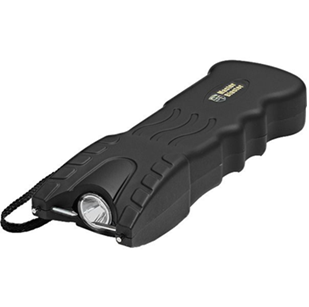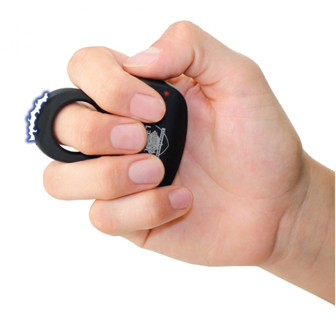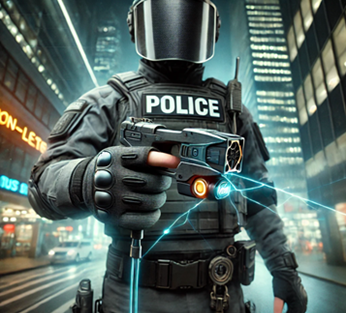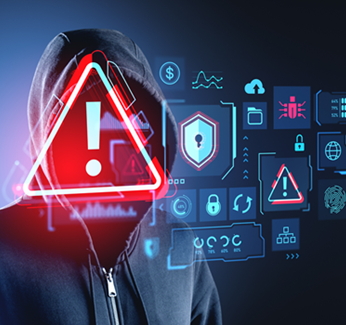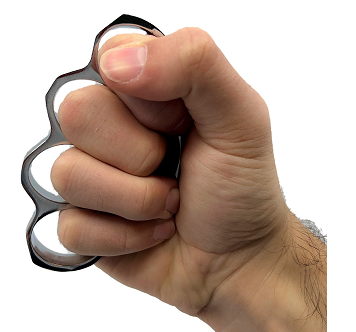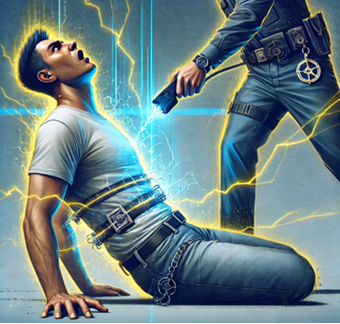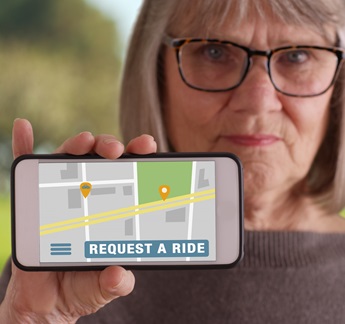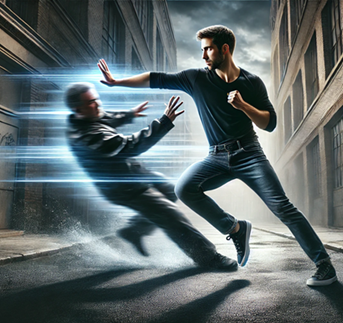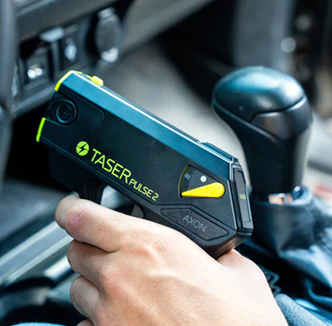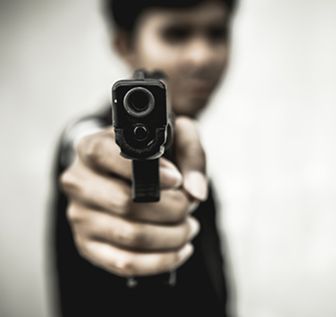How to Defend Yourself Without a Weapon
 Defending yourself without a weapon is an essential skill that can help you stay safe in a variety of situations. Whether you are walking alone at night, facing a potential mugger, or dealing with an aggressive individual, knowing how to protect yourself without relying on weapons can be invaluable. This guide will provide practical strategies for self-defense, focusing on awareness, de-escalation, and physical techniques that can help you avoid or neutralize a threat.
Defending yourself without a weapon is an essential skill that can help you stay safe in a variety of situations. Whether you are walking alone at night, facing a potential mugger, or dealing with an aggressive individual, knowing how to protect yourself without relying on weapons can be invaluable. This guide will provide practical strategies for self-defense, focusing on awareness, de-escalation, and physical techniques that can help you avoid or neutralize a threat.
1. The Importance of Situational Awareness
One of the best ways to defend yourself is to avoid dangerous situations altogether. Situational awareness involves being alert to your surroundings and recognizing potential threats before they escalate. Here are some key tips:
-
Stay alert in unfamiliar or isolated areas. Keep your head up and scan your environment.
-
Avoid distractions like your phone or headphones. These can make you an easy target.
-
Trust your instincts. If something feels off, leave the area immediately.
-
Identify exits and safe zones. Know where you can run if necessary.
-
Maintain a confident posture. Walk with purpose to deter potential attackers.
2. Using Verbal De-escalation Techniques
Many confrontations can be defused through effective communication. If someone is acting aggressively, try these verbal strategies:
-
Remain calm and speak firmly. Avoid yelling or aggressive gestures.
-
Use open body language. Keep your hands visible and avoid clenching fists.
-
Acknowledge their feelings. Say things like, "I see you're upset. Let's talk about this."
-
Offer a way out. Suggest a non-violent resolution, such as walking away.
-
Set boundaries. If someone is invading your space, use a firm voice to tell them to back off.
3. Creating Distance and Barriers
Distance is one of the most effective defenses against an attack. If you sense danger:
-
Keep at least an arm’s length distance from a potential threat.
-
Use objects around you as barriers. Cars, benches, or trash cans can help block an attacker.
-
Move towards well-lit, populated areas. Attackers are less likely to act in public spaces.
4. Basic Self-Defense Moves
If a physical altercation is unavoidable, knowing a few self-defense techniques can make a difference. Here are some simple but effective moves:
4.1. The Palm Strike
-
Aim for the attacker’s nose or chin.
-
Use the base of your palm to strike upwards.
-
Follow through to create distance.
4.2. The Knee Strike
-
If the attacker is close, drive your knee into their groin or stomach.
-
Hold onto their shoulders for better leverage.
4.3. The Elbow Strike
-
Useful in close-range attacks.
-
Drive your elbow into the attacker’s jaw, ribs, or throat.
4.4. Escaping a Wrist Grab
-
Rotate your wrist towards the attacker’s thumb and pull away forcefully.
-
Use momentum to break free and create distance.
4.5. The Foot Stomp
-
If grabbed from behind, drive your heel into the attacker’s foot.
-
This can cause enough pain to loosen their grip.
5. Using Everyday Objects for Defense
Even without a weapon, everyday items can be used to protect yourself:
-
Keys: Hold them between your fingers to use as an improvised striking tool.
-
Bag or Purse: Swing it at the attacker to create distance.
-
Umbrella: Can be used to block attacks or jab at the attacker.
-
Flashlight: A bright beam can temporarily blind an attacker.
6. Escaping from Common Attacks
Knowing how to escape from common attack scenarios can save your life:
6.1. Bear Hug from Behind
-
Drop your weight and shift from side to side.
-
Use your elbows to strike the attacker’s ribs.
-
Step on their foot and twist out of their grip.
6.2. Chokehold from the Front
-
Tuck your chin to protect your throat.
-
Grab the attacker’s hands and pull down while stepping back.
-
If possible, use a knee strike to their groin.
6.3. Being Pushed Against a Wall
-
Use your forearms to create space between you and the attacker.
-
Turn sideways and push off the wall to escape.
7. Psychological Aspects of Self-Defense
Understanding the psychology of an attacker can help you react appropriately:
-
Attackers look for easy targets. Confidence and awareness can deter them.
-
Fear can be controlled. Practice deep breathing to stay calm.
-
Adrenaline can be used to your advantage. A rush of adrenaline can enhance your strength and speed.
8. When to Run vs. When to Fight
The best option is always to escape if possible. However, if you are cornered:
-
Fight back aggressively if necessary. A strong counterattack can surprise the attacker.
-
Use quick, powerful moves. Do not hesitate; act decisively.
-
Once free, run towards safety. Do not engage longer than necessary.
9. Practicing Self-Defense Regularly
Self-defense is a skill that improves with practice. Consider:
-
Taking a self-defense class. Martial arts like Krav Maga, Jiu-Jitsu, or boxing can be beneficial.
-
Practicing with a friend. Go over escape techniques to build muscle memory.
-
Staying physically fit. Strength and endurance help in real-life situations.
10. Conclusion: Stay Aware, Stay Safe
Defending yourself without a weapon is about awareness, confidence, and knowing basic techniques. By staying alert, using de-escalation tactics, and learning simple self-defense moves, you can protect yourself effectively in a dangerous situation.
The key takeaways from this guide are:
-
Awareness and prevention are the best self-defense tools.
-
De-escalation can resolve many confrontations.
-
If necessary, use physical self-defense techniques to escape.
-
Run to safety whenever possible.
-
Regular practice can make these skills second nature.
By incorporating these strategies into your daily routine, you can enhance your personal security and feel more confident in your ability to handle dangerous situations. Stay safe, stay prepared, and always be aware of your surroundings.
Company Info
Customer Service
Product Information
- TASER® and Stun Devices Regulations by State
- TASER® Safe Escape Product Replacement Guarantee
- TASER® Comparison Chart
- TASER® User Manuals
- TASER® Warranty Info
- Byrna Product Catalog
- PepperBall Manuals & Spec Sheets
- Pepper Spray Laws
- Air Gun Laws
- States that Restrict Automatic and Butterfly Knives
- Our Print Catalog
























